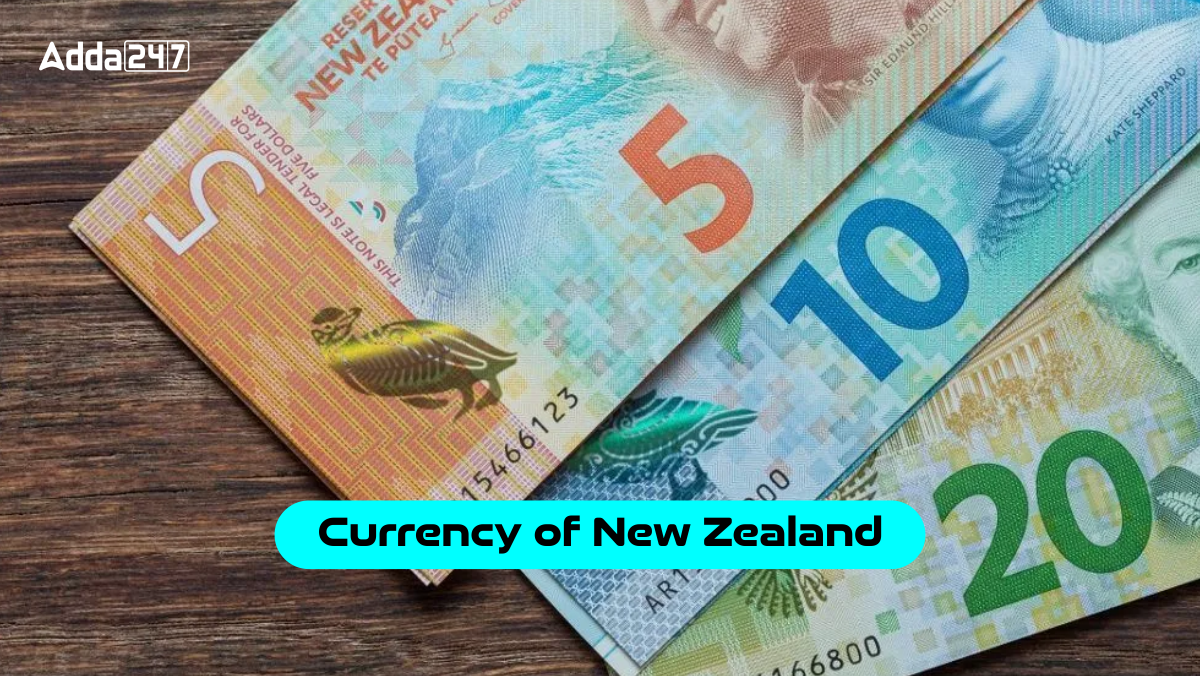The New Zealand Dollar, commonly known as the “Kiwi,” serves as the official currency of New Zealand and holds significant importance in the daily transactions of both locals and visitors. In this article, we will examine various aspects of the New Zealand Dollar, ranging from its historical background and monetary denominations to its distinctive nickname and the pivotal role played by the Reserve Bank of New Zealand in its administration. Furthermore, we will investigate the currency’s impact beyond the borders of New Zealand, as certain other countries also incorporate the NZD, albeit unofficially, into their monetary systems.
Overview of Currency of New Zealand
| Currency of New Zealand | New Zealand Dollar |
| Short Name | NZD |
| Nickname | Kiwi |
| Symbol | $ and NZ$ |
| Subunit | 1/100, Cent |
| Frequently used coins | 10c, 20c, 50c, NZ$1, NZ$2 |
| Frequently used banknotes | NZ$5, NZ$10, NZ$20, NZ$50, NZ$100 |
| Central Bank | Reserve Bank of New Zealand |
The Origin of Kiwi, the Currency of New Zealand
The New Zealand Dollar has a unique and rather charming nickname- the “Kiwi.” This name is derived from New Zealand’s national bird, the kiwi. The bird, known for its small size, flightlessness and long beak, is an important symbol in New Zealand culture. The term “Kiwi” has become synonymous with all things New Zealand, including its currency.
The Kiwi bird is so iconic that it even appears on some denominations of NZD coins and banknotes. For example, the NZ$1 coin features a Kiwi bird. The integration of the kiwi bird into the currency design highlights the importance of this beloved creature in New Zealand’s identity.
Denominations and Design
The New Zealand Dollar is available in various coin and banknote denominations. The coins are often used for small transactions, while banknotes are more commonly used for larger purchases. The NZD’s denominations include 10c, 20c, 50c, NZ$1annd NZ$2 coins, as well as NZ$5, NZ$10, NZ$20, NZ$50 and NZ$100 banknotes. Each denominations features unique designs that represent New Zealand’s rich culture, history and natural beauty.
The Role of the Reserve Bank of New Zealand
The Reserve Bank of New Zealand, the nation’s central bank, plays a pivotal role in managing the New Zealand Dollar. It is responsible for issuing and regulating the currency, as well as implementing monetary policy to maintain price stability and economic growth.
Find More General Studies News Here




 Bihar Will Get New CM As Nitish Kumar To...
Bihar Will Get New CM As Nitish Kumar To...
 Bihar to Upgrade 54 Colleges as Centres ...
Bihar to Upgrade 54 Colleges as Centres ...
 Montana Unveils Its First Mahatma Gandhi...
Montana Unveils Its First Mahatma Gandhi...








